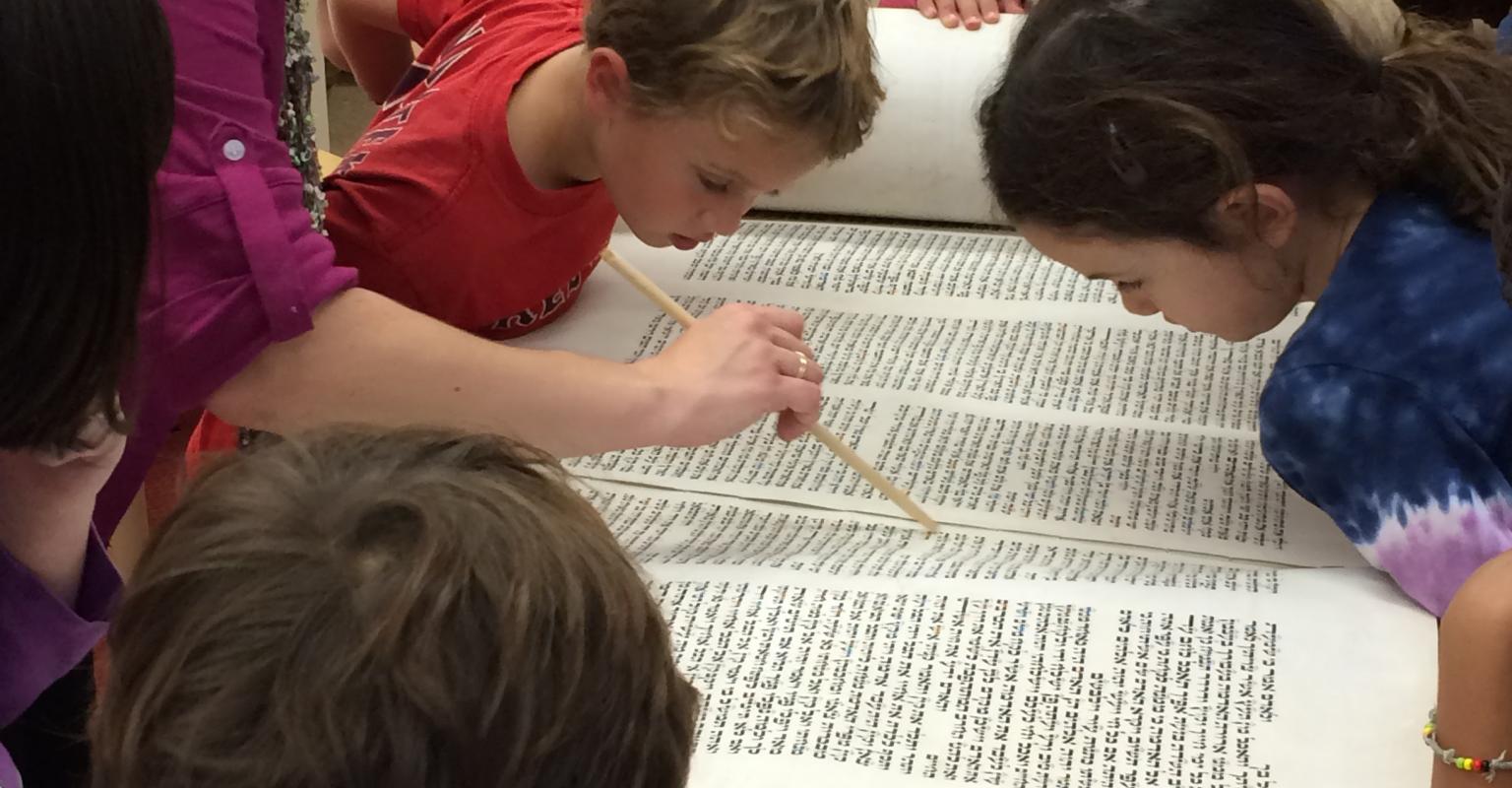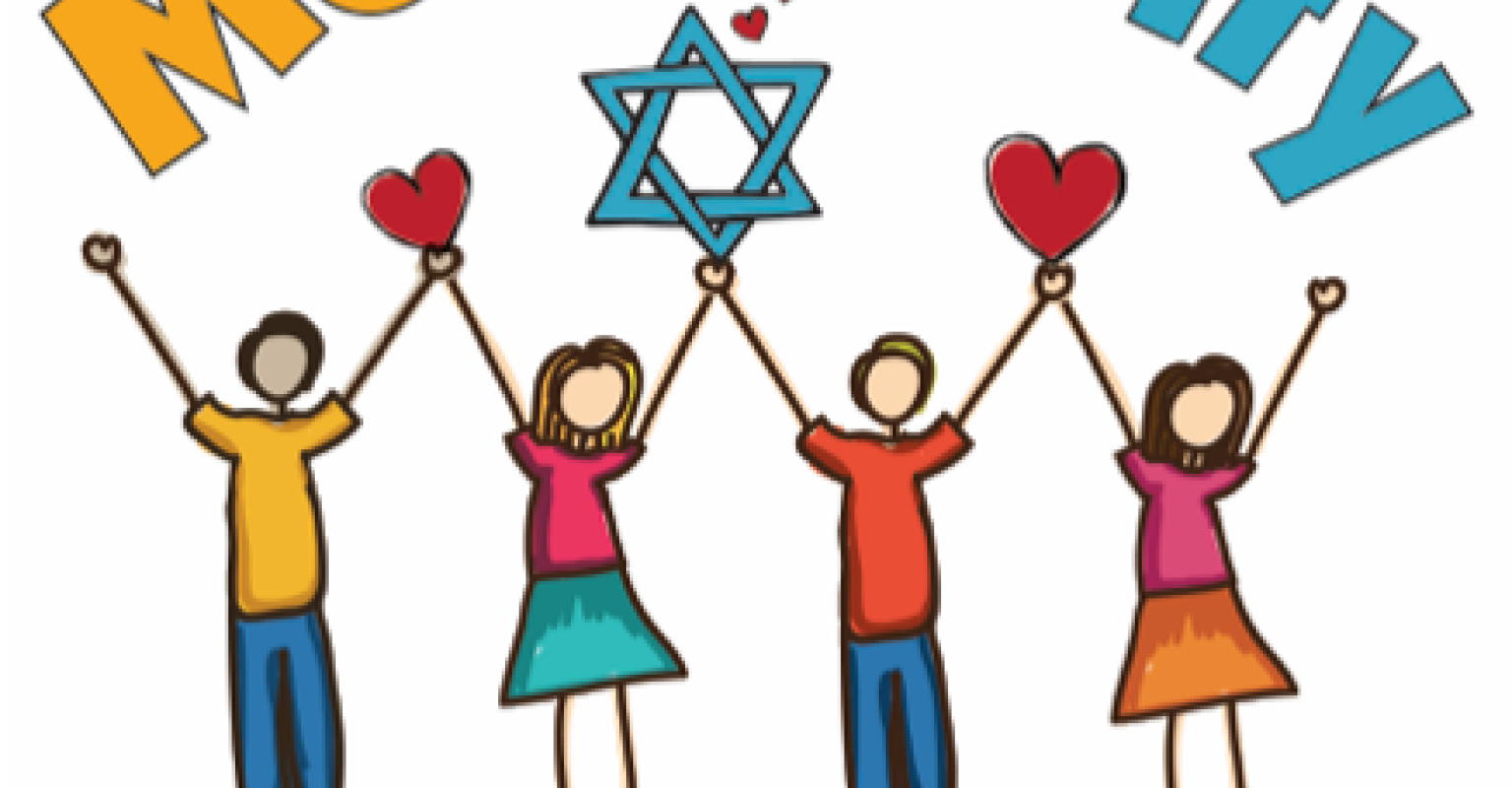What's in a name? (Beyond the Family Tree Lesson 7)
Summary: In this lesson, students examine their own first, middle, last, and Hebrew (or Jewish ritual) names (as applicable), learn about Jewish name origins and naming traditions, and prepare to conduct research to learn more about names in their family.
Essential Question(s)
- How did Jewish migration patterns impact the expression of Jewish
culture, including names? - How is my family’s story, including stories of our name, connected to
larger stories of Jewish migration and naming?
Objective:
In this lesson, students will learn that:
- Patterns in Jewish family names reflect geography, occupation,
nicknames based on other personal characteristics, and parental given
names. - Their own family histories, including family names and languages, are
connected to a larger Jewish story.
- Belonging
- Hebrew
- Jewish History
- Jewish Peoplehood
- 3 - 5
- 6 - 7
- 8 - 12
- Congregational Learning
- Day Schools and Yeshivas
- Teen Engagement
Discover more

Mayim, our initial example of "Additional" Models, could be placed in a Multi-aged, Project-Based Learning, or Experiential Learning bucket. Mayim is a K-5 learning community in which depth of relationships and depth of learning are intentionally fostered and visible everywhere.

Mensch-ify is an alternative learning program that is held twice a month for families with children in Pre-K to 6th grade. It is a developmentally appropriate program, built upon the parent-child co-learning experience, that combines stories, songs, art, movement, and play to provide families with the tools they need to live a Jewish life that works for them.

In this lesson, students will identify what they want to know about diversity in their local Jewish community.
